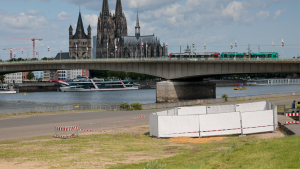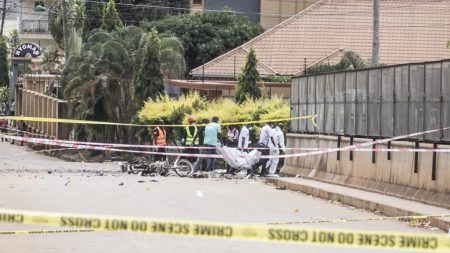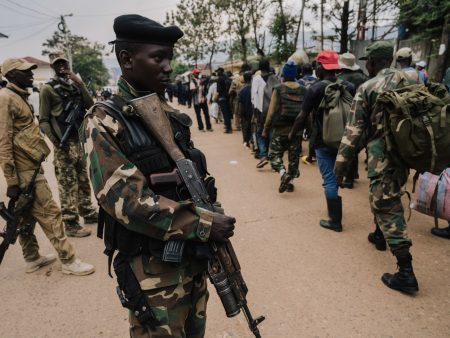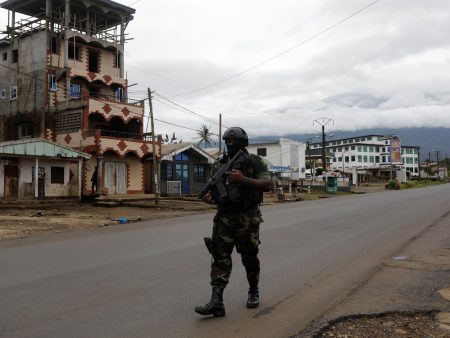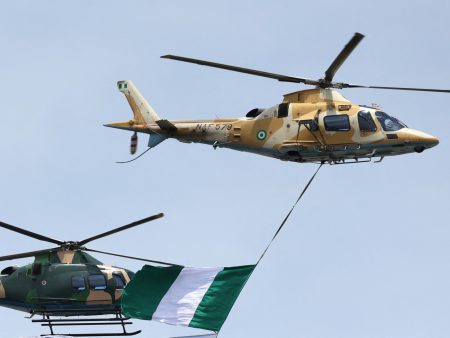The planned peace summit between the Democratic Republic of Congo (DRC) and Rwanda, aimed at resolving the escalating conflict in eastern DRC, has been abruptly cancelled, casting a shadow over hopes for a peaceful resolution. The Angolan presidency, mediating the talks, announced the cancellation, citing a deadlock between the two nations. While the DRC presidency attributed the breakdown to the Rwandan delegation’s refusal to participate, Rwanda’s foreign ministry pointed to a disagreement over the DRC’s engagement in direct dialogue with the M23 rebel group as the primary obstacle to reaching an agreement.
The heart of the contention lies in Rwanda’s insistence that the DRC government engage in direct negotiations with the M23, a demand that the DRC seemingly resists. The M23, an armed group operating in eastern DRC, has been accused by both the DRC government and the United Nations of receiving support from Rwanda. This alleged backing has fuelled tensions between the two countries, exacerbating the already volatile situation in the conflict-ridden region. Rwanda denies these accusations, claiming its military presence in eastern DRC is solely for defensive purposes against perceived threats from DRC forces near its border. However, a UN expert group report contradicted this claim, alleging the presence of thousands of Rwandan troops fighting alongside the M23.
The failed summit underscores the deep-seated mistrust and complex dynamics driving the conflict. The M23 is just one of numerous armed groups vying for control in the mineral-rich eastern DRC, a region plagued by instability and violence for decades. The conflict has triggered a severe humanitarian crisis, displacing millions of people and creating widespread suffering. The recent intensification of fighting between the DRC army and the M23, including accusations of civilian casualties, further highlights the urgency of finding a peaceful solution.
The collapse of the talks raises concerns about the prospects for peace in the region. Previous attempts at ceasefire agreements have proven fragile, with fighting resuming despite initial commitments. The international community, including the United States, has expressed deep concern over the ongoing violence and ceasefire violations. The failure to reach a resolution in these talks could prolong the conflict, leading to further displacement, human rights abuses, and instability in the region. It also jeopardizes previous diplomatic efforts, such as the agreement reached between the DRC and Rwanda’s foreign ministers regarding the withdrawal of Rwandan forces from eastern DRC.
The situation in eastern DRC demands a multifaceted approach that addresses the root causes of the conflict. Direct talks between the DRC government and the M23, while contentious, may be a necessary step towards finding a lasting solution. However, such talks must be part of a broader strategy that includes addressing the underlying issues driving the conflict, such as the proliferation of armed groups, illegal exploitation of natural resources, and weak governance. Furthermore, holding all parties accountable for human rights violations and ensuring the protection of civilians are crucial aspects of any peace process.
The international community has a vital role to play in supporting the peace process and providing humanitarian assistance to those affected by the conflict. Continued diplomatic pressure on all parties to engage in constructive dialogue and adhere to ceasefire agreements is essential. Simultaneously, efforts to address the socio-economic challenges that contribute to instability in the region, including poverty, lack of access to education and healthcare, and limited economic opportunities, must be prioritized. A comprehensive and sustained approach is needed to achieve lasting peace and stability in eastern DRC and bring an end to the humanitarian crisis impacting millions of lives.
